In the diverse world of dog breeds, each breed carries a unique set of characteristics and behaviors that make them more or less suitable for households with other pets. Some dogs have a natural affinity for other animals, showcasing traits like friendliness, playfulness, and a gentle demeanor, which help them bond easily with other household pets such as cats, rabbits, or other dogs. These breeds often have a lower prey drive and enjoy companionship, making them ideal for multi-pet families. Conversely, certain dog breeds tend to prefer being the sole pet, driven by high prey drives or dominant tendencies that can make cohabitation with other animals challenging. This article will explore seven dog breeds known for their love of other animals and five breeds that generally prefer to be the sole pet in the home, providing valuable insights for potential pet owners looking to expand their furry family.
Breeds That Love Other Animals
1. Labrador Retriever
Labrador Retrievers are renowned for their sociable and outgoing nature, which extends to their interactions with other animals. They are typically very patient, which makes them excellent companions for other pets, including cats and smaller animals. Labs have a low prey drive compared to many other breeds, which helps in fostering peaceful co-existence in a multi-pet household. Their friendly disposition ensures that they are generally eager to please and happy to share their space with other furry friends, making them one of the top choices for families looking to have a diverse group of pets.
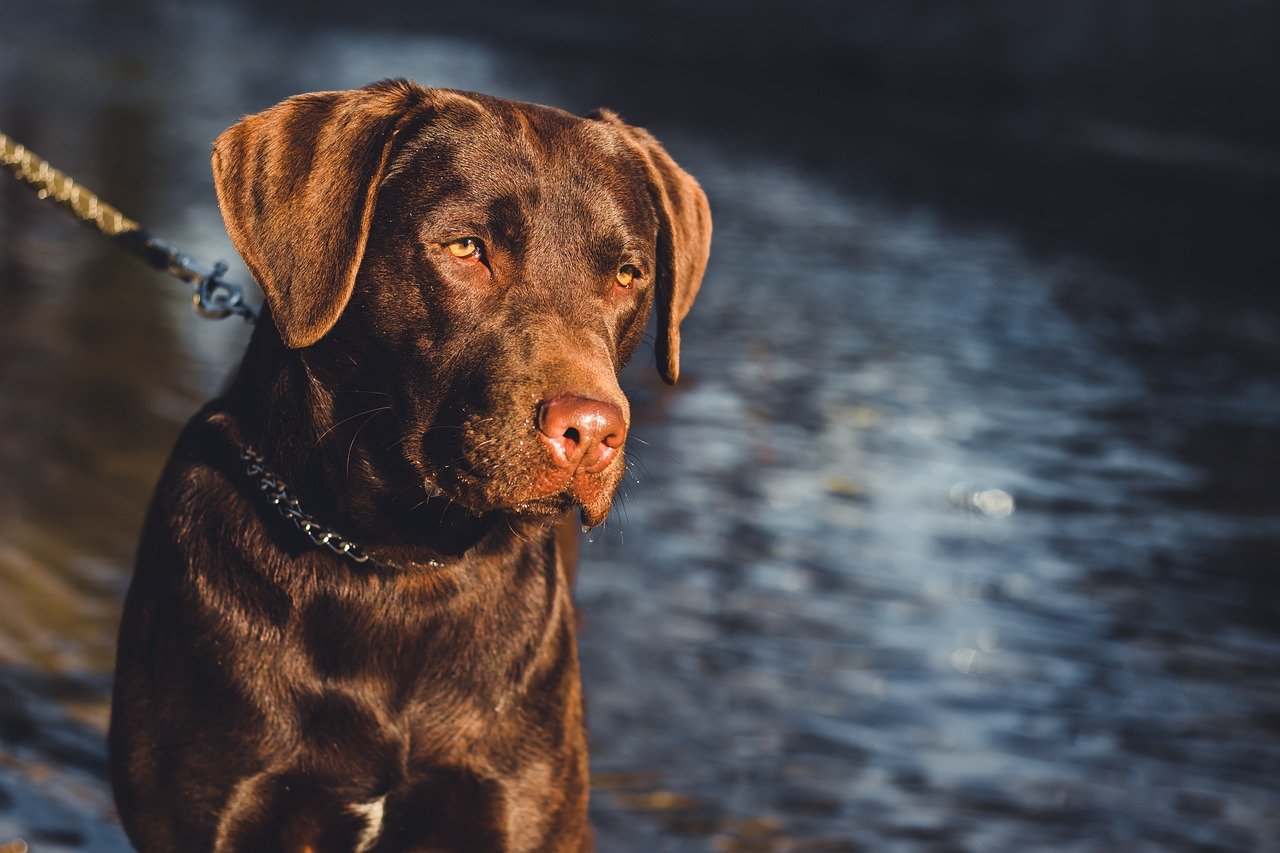
2. Golden Retriever
Golden Retrievers are another breed known for their amiable and tolerant nature, often getting along splendidly with other pets. Their gentle demeanor makes them unlikely to show aggression toward other animals, and they often enjoy the company of another pet to play with. Goldens are known for their intelligence and can be trained easily to respect the boundaries of other pets in the home. They thrive in an environment where they can socialize and interact, making them excellent candidates for homes with multiple animals.
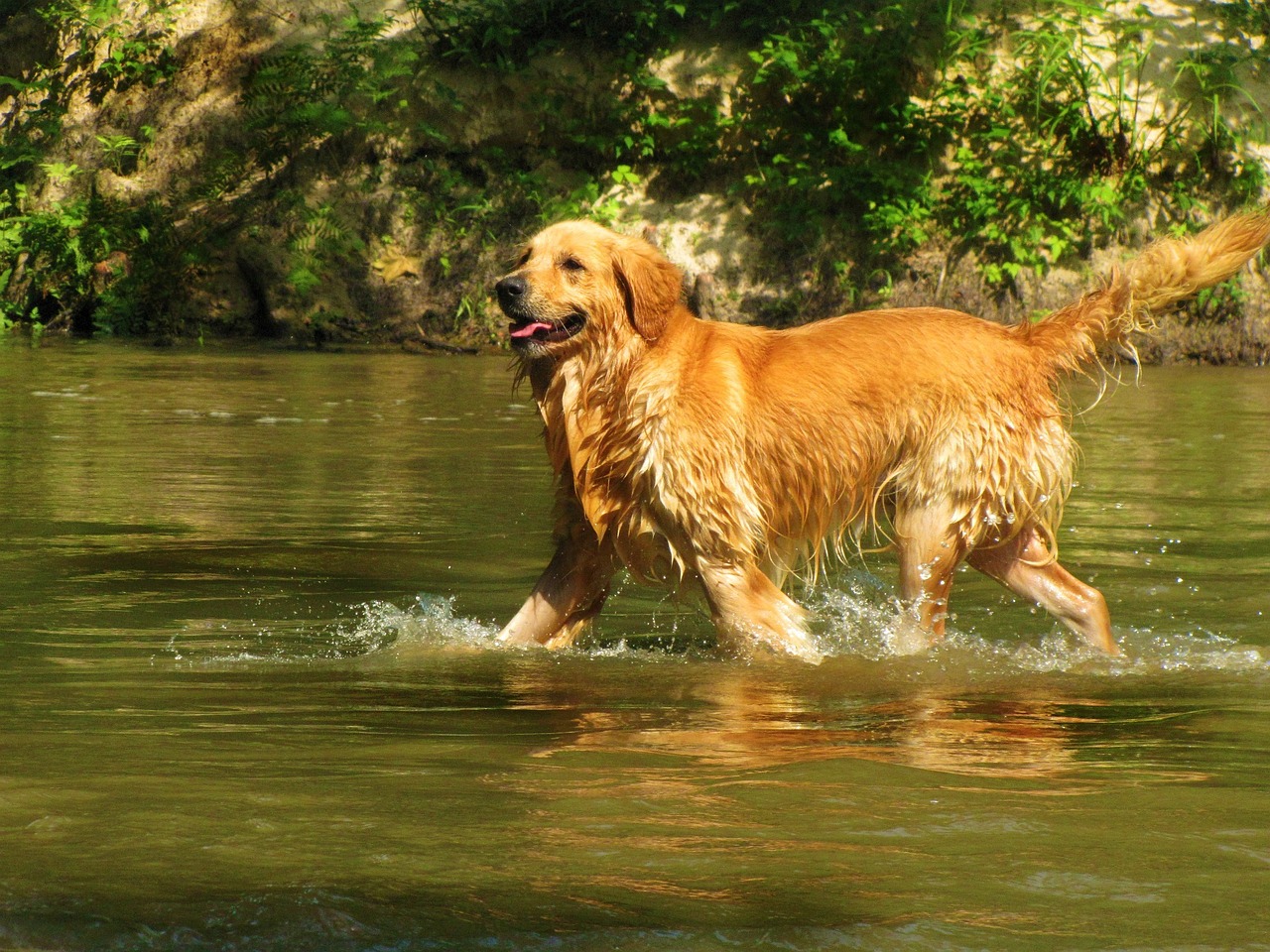
3. Beagle
Beagles are friendly and curious dogs that generally enjoy the company of other animals. Originally bred as hunting dogs to work in packs, they have a natural inclination to be part of a group, which translates well into modern multi-pet households. Beagles are playful and outgoing, and their pack mentality makes them more accepting and less territorial with other pets. Their small to medium size also makes them less intimidating to other animals, facilitating easier introductions and ongoing interactions.

4. Poodle
Poodles, whether standard, miniature, or toy, are highly intelligent and sociable dogs that usually get along well with other pets. Their adaptable nature means they can comfortably share their home with other dogs or even cats. Poodles are attentive and can be trained to manage their interactions with other animals positively. Their playful nature often leads them to seek companionship with other pets, making them excellent companions in diverse animal households.
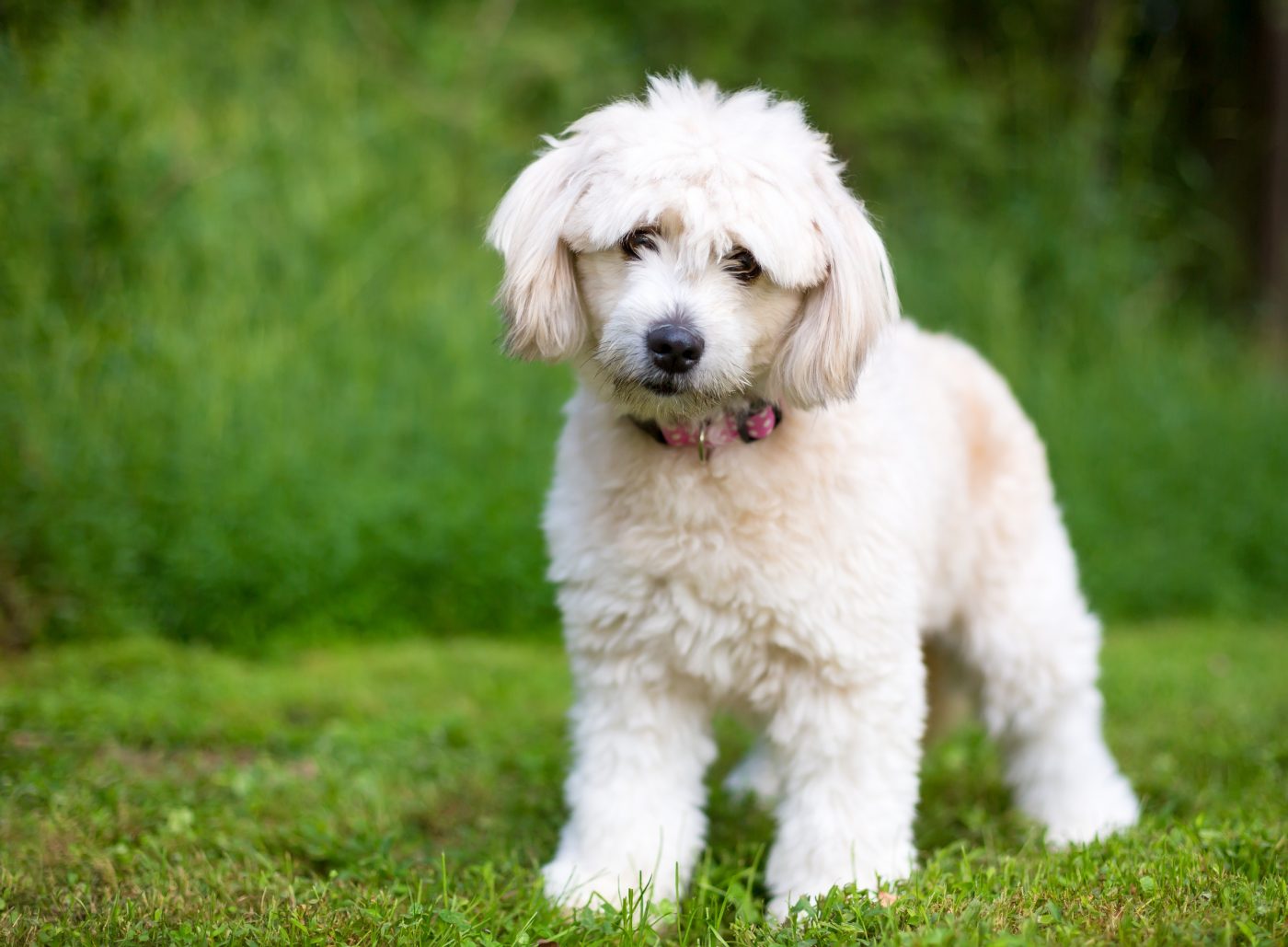
5. Cocker Spaniel
Cocker Spaniels are known for their gentle and affectionate temperament, which makes them well-suited to homes with other pets. They typically display a nurturing behavior towards smaller animals and can coexist peacefully with other family pets. Cocker Spaniels enjoy being part of a pack and can form strong bonds with animal companions. Their friendly and submissive nature helps prevent conflicts in a multi-pet household, fostering a harmonious living environment.
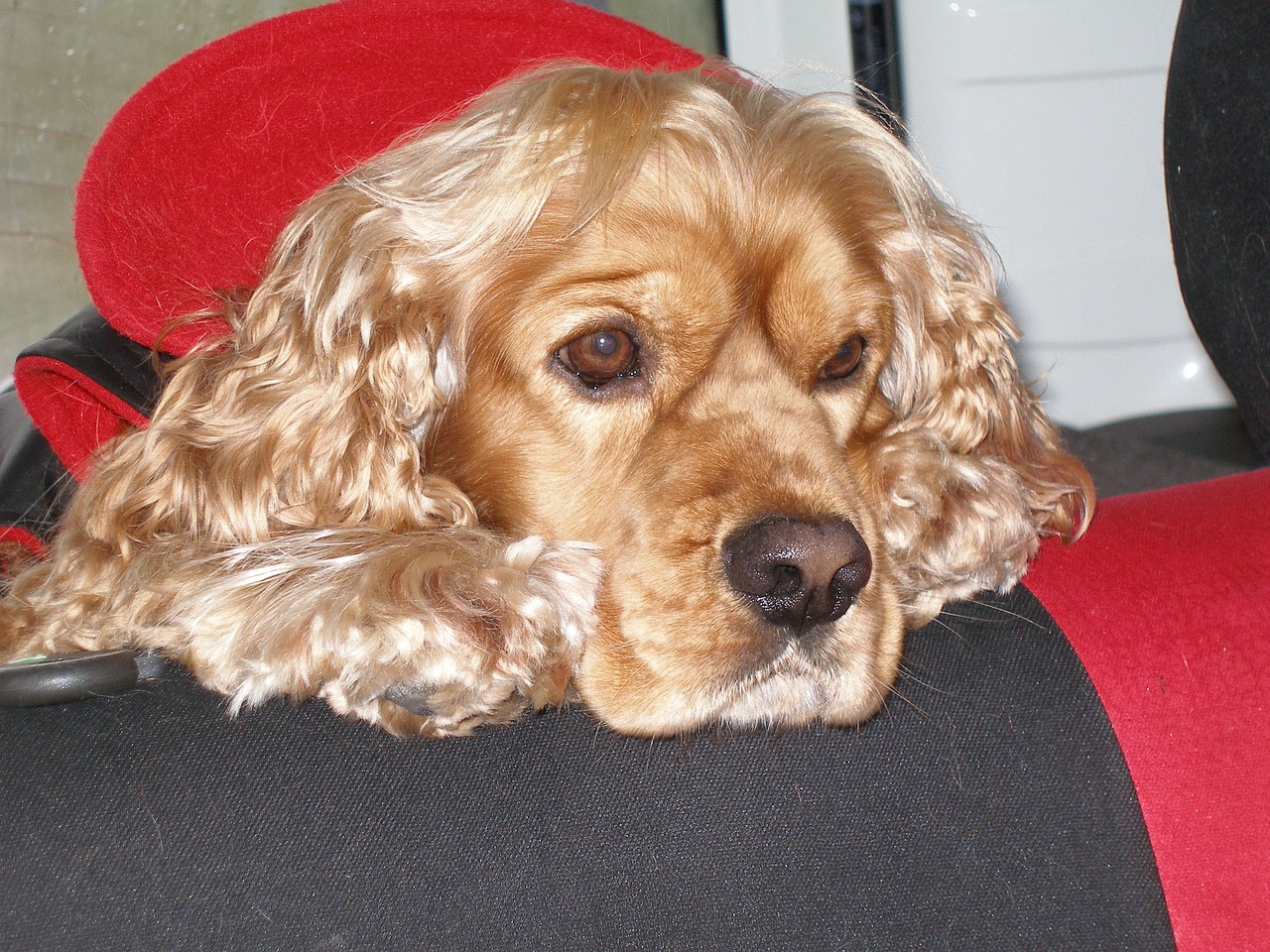
6. Boxer
Boxers are energetic and playful, with a natural propensity to form strong familial ties with both humans and other animals. They are protective yet gentle, often taking on a guardian role over smaller pets in the household. Boxers’ social nature drives them to seek out companionship, and they usually appreciate having another pet to play and interact with. Their high energy level makes them ideal playmates for other active dogs, helping to keep both parties entertained and engaged.

7. Cavalier King Charles Spaniel
Cavalier King Charles Spaniels are incredibly sociable and easily adapt to living with other pets. Their small size and friendly nature make them less threatening to other animals, facilitating smoother introductions and relationships. Cavaliers thrive in a social environment with plenty of interaction, whether with people or other pets. They are not known to exhibit high prey drives, which minimizes the risk of chasing smaller animals in the home.
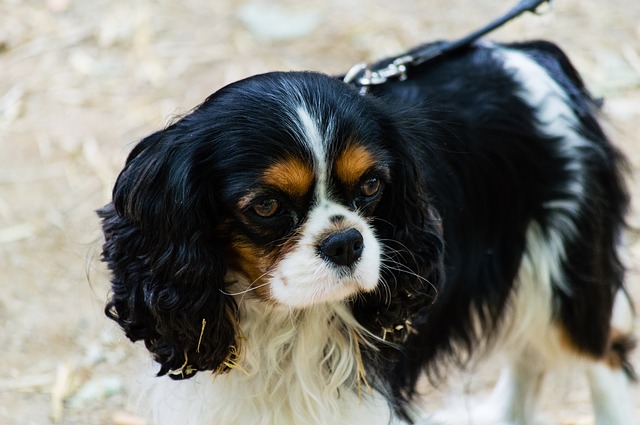
Breeds That Prefer Being Sole Pets
1. Akita
Akitas are majestic and powerful dogs that often prefer to be the only pet in the household. They have a strong territorial instinct and can be dominant, traits that can lead to difficulties in multi-pet households. Akitas may view other animals as competition for attention and resources, potentially leading to aggressive behavior. Their natural guarding tendencies make them excellent watchdogs but can pose challenges in a home with other pets.
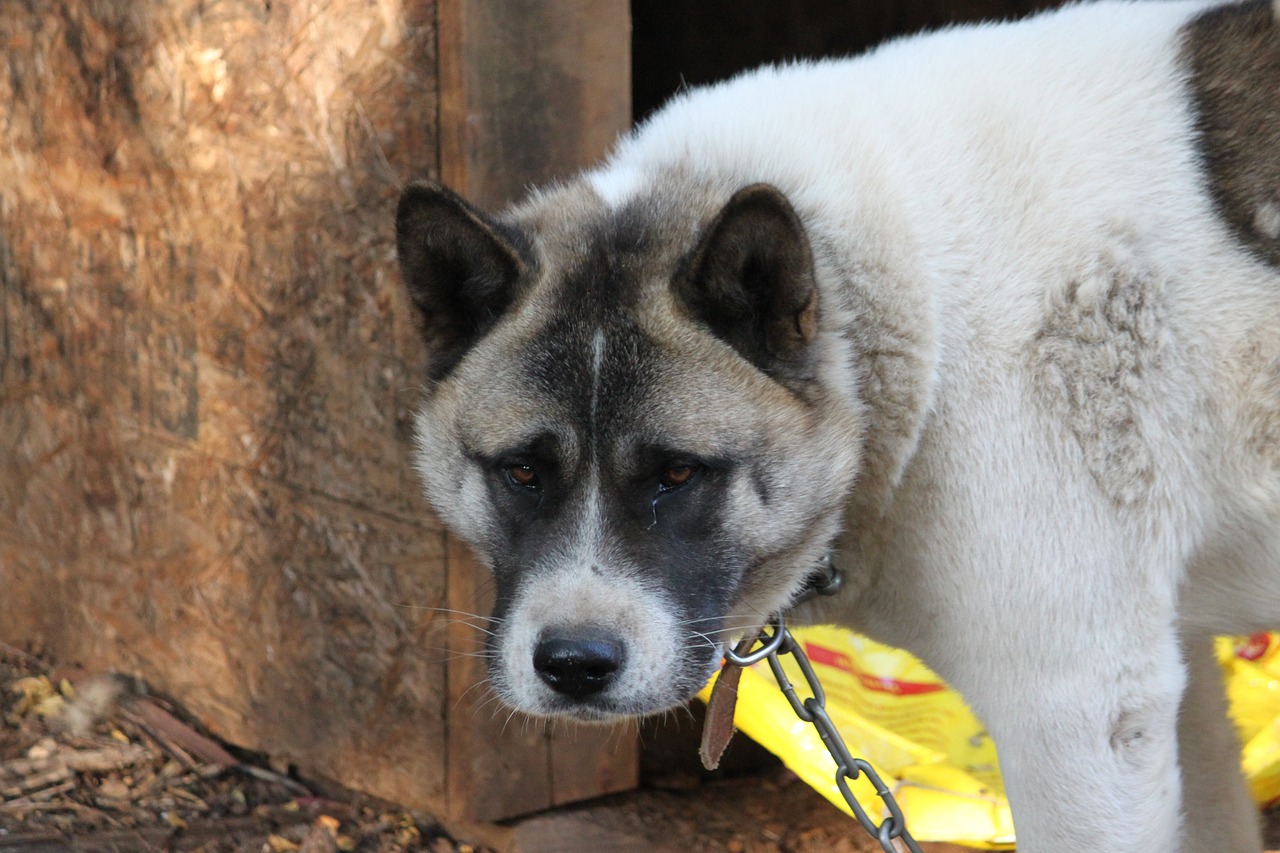
2. Greyhound
Despite their gentle nature, Greyhounds have a high prey drive due to their breeding as racing dogs. This instinct can make cohabitation with smaller pets problematic. Greyhounds are known to chase small animals, and without proper training and socialization, this can lead to stressful interactions in a home with multiple pets. They often do best in a calm environment where they can be the center of attention.
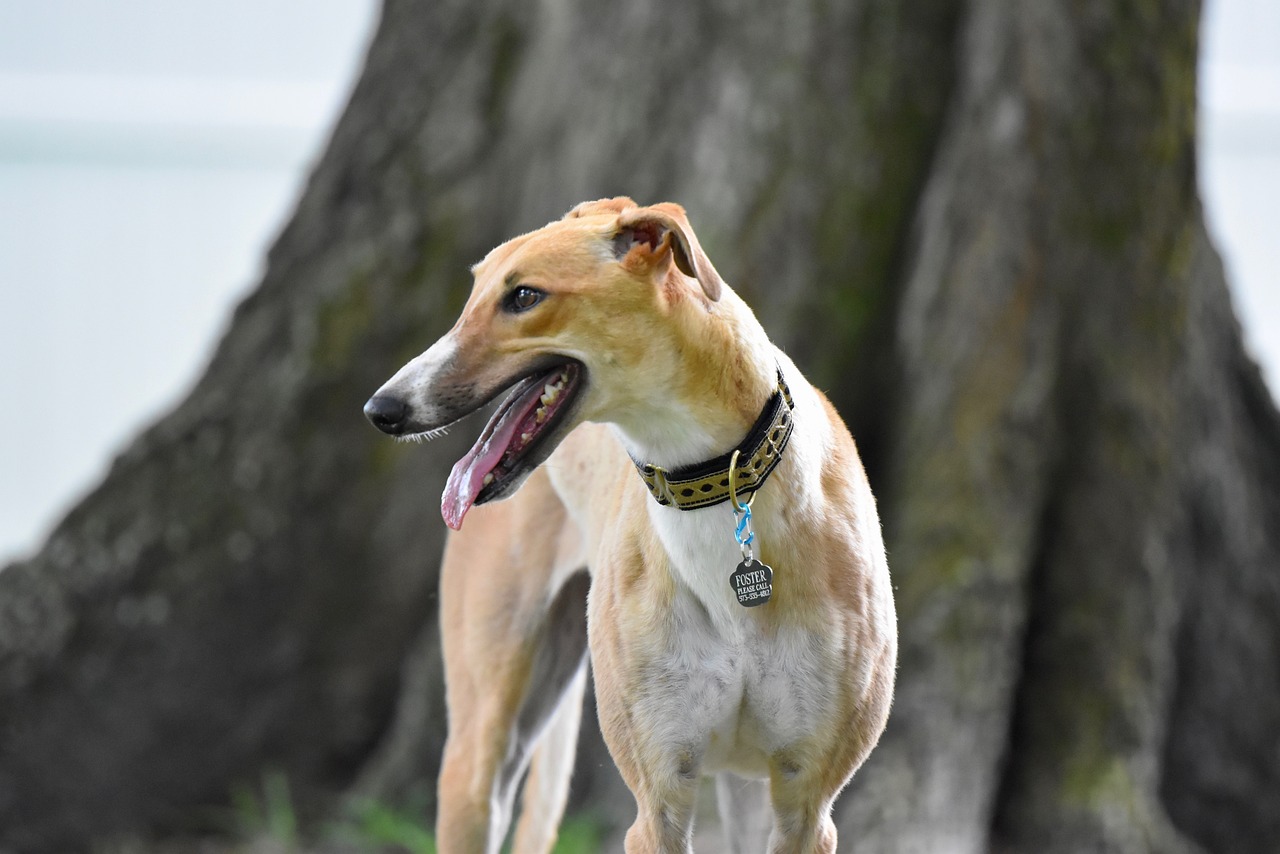
3. Shiba Inu
Shiba Inus are small but feisty dogs with a strong independent streak. They often exhibit territorial behaviors and can be aggressive towards other dogs, especially of the same sex. Shibas are known for their bold personalities and may not tolerate sharing their space with other pets well. Their tendency to assert dominance can make multi-pet dynamics challenging.
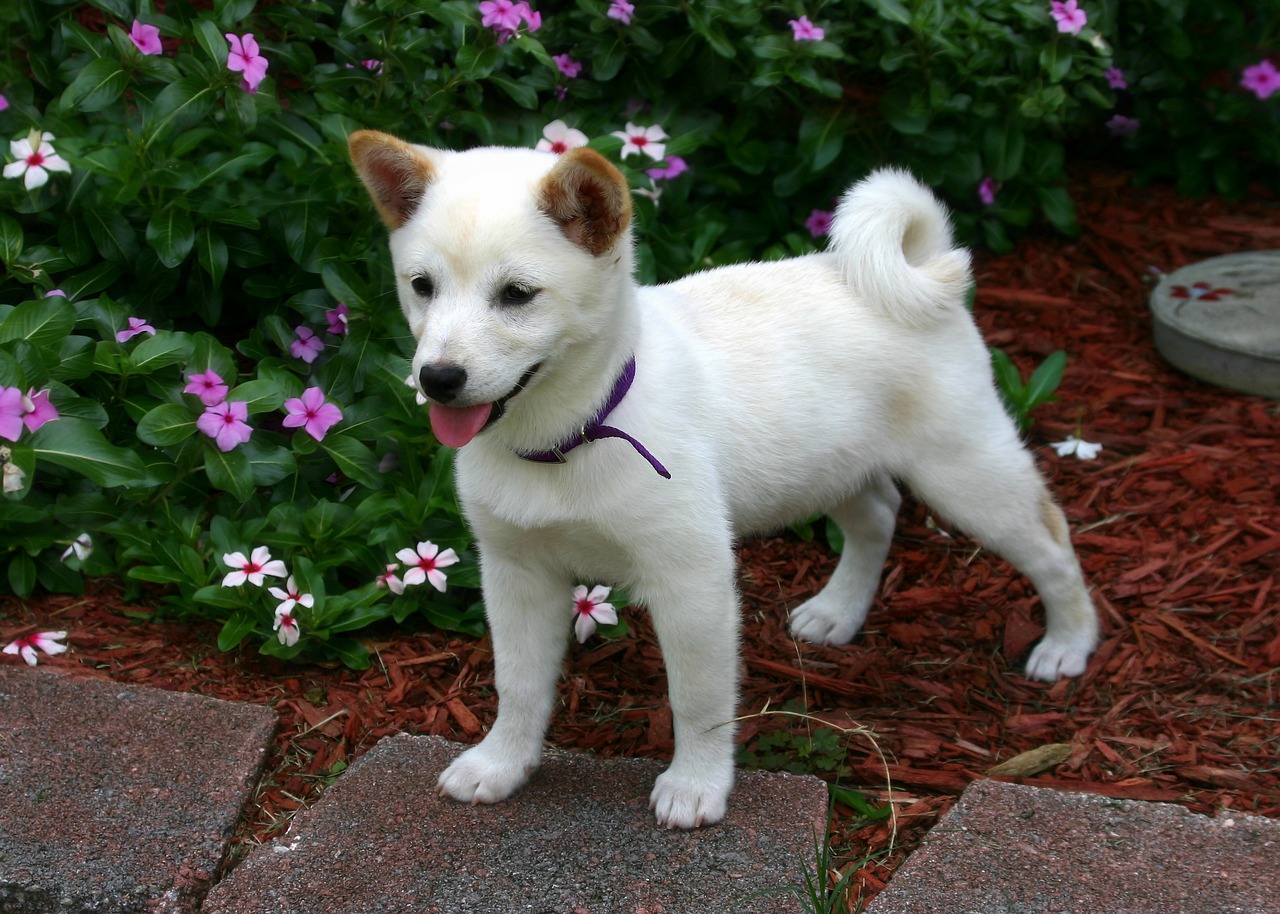
4. Chow Chow
Chow Chows are known for their aloof and reserved nature. They tend to bond closely with one person and can be indifferent or even hostile to other animals. Chows require a lot of socialization to interact positively with other pets, and even then, they might prefer being the only animal in the home. Their strong-willed nature and preference for a calm, controlled environment make them less ideal for a bustling household with multiple pets.
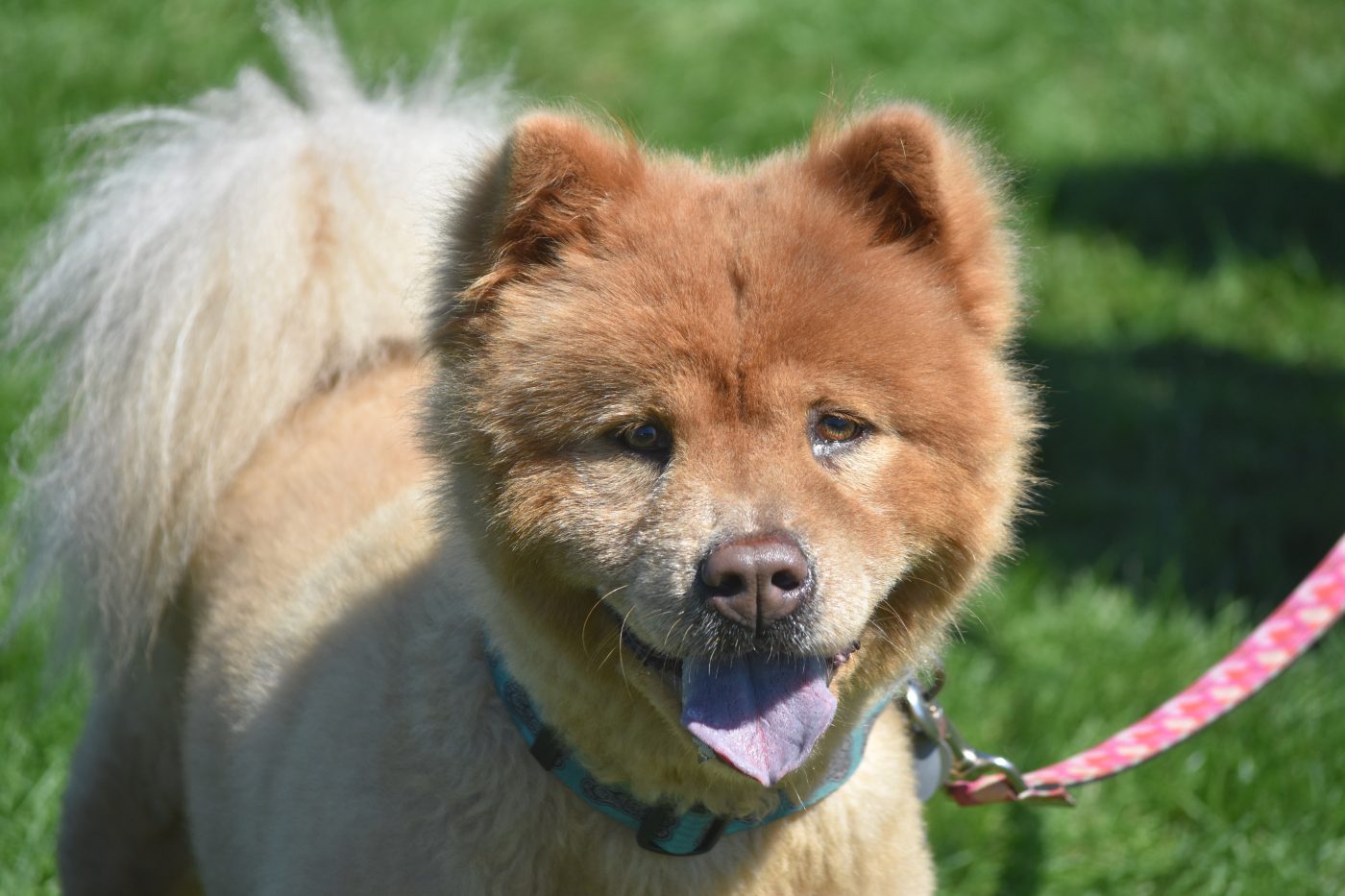
5. Dalmatian
Dalmatians are energetic and require a lot of exercises, but they can be standoffish and overly protective. Their strong guarding instincts can sometimes translate into aggressive behavior towards other pets, particularly in situations where they feel their territory is being threatened. Dalmatians might be better suited to being the only pet, where they can receive undivided attention and not feel the need to compete or guard their environment.

Choosing the right dog breed for a household with other pets requires careful consideration of the breed’s traits and natural tendencies. While some dogs revel in the company of other furry friends, others might thrive in a more solitary environment. Understanding these dynamics can help ensure a harmonious home, whether it’s filled with multiple pets or centered around a single, beloved companion.
 Toledo, United States.
Toledo, United States.